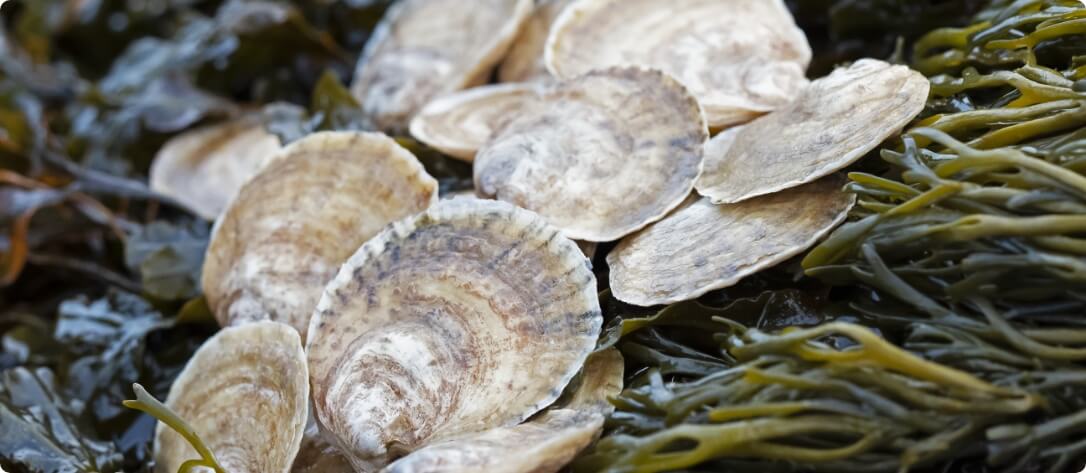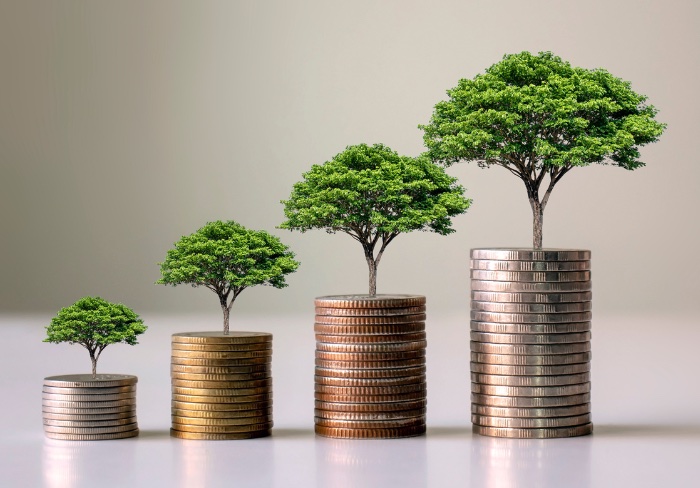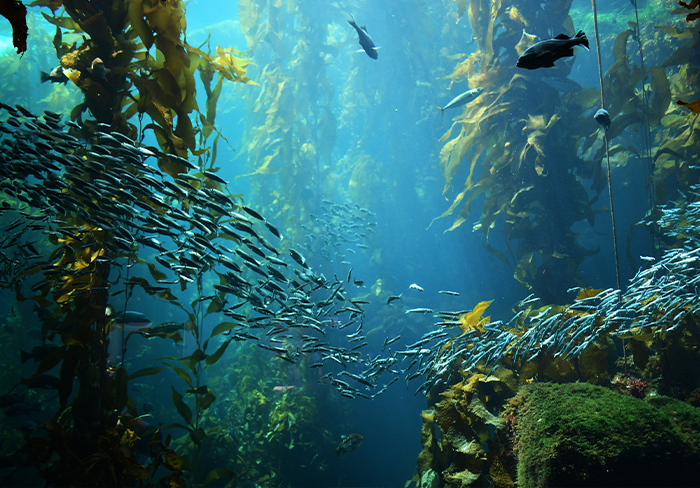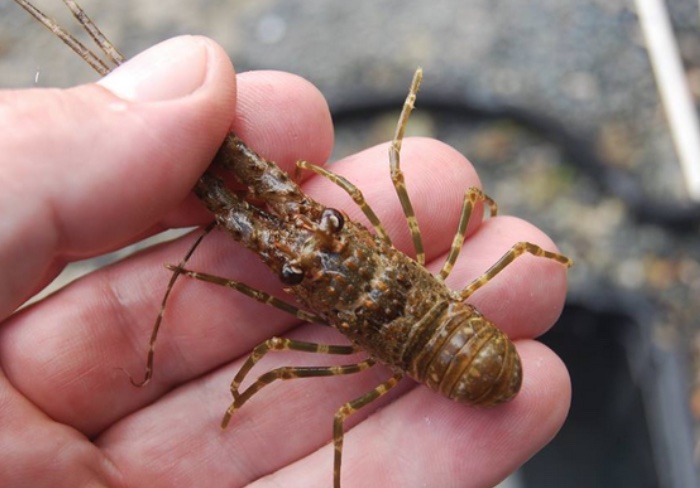
Over 3.3 billion people (40% of the world-wide population) get 20% of their daily animal protein intake from fish. In many developing countries, this number is significantly higher, with people getting over 50% of their animal protein from fish.
The sea alone cannot support this massive global requirement; it needs help from a manmade alternative. Around 4,000 years ago, aquaculture emerged and bridged the gap between a dwindling supply and an ever-growing demand for fish.
Why Choose Farmed Over Wild Fish?
Although wild fishing has its benefits, it produces leaner and better tasting fish; it is unsustainable when done on an industrial scale.
As a result, farmed fish is usually a better option. The biggest benefit of farmed fish is that they are more available than wild fish. Most fish breeds can be farmed anywhere, so there are less or even no travel costs, and they can be farmed all year with the right conditions. This also means that farmed fish are almost always cheaper than wild fish.
As the importance of quantity of food is outweighing the importance of quality, farmed fish comes out on top. Fish farming has been around since the Roman Empire, but it is only in the last 20 years that it has become a truly sustainable and profitable industry.
Farmed Salmon vs. Wild Salmon
It is especially important to choose farmed over wild fish with salmon. Each wild salmon can produce hundreds of juveniles a year, and taking them out of the ecosystem before they have spawned prevents them from doing this.
A good salmon farm will never take a fish out before it has spawned, so this does not pose a problem. As a result, well run salmon farms are a great option for smoked salmon lovers because you can be confident knowing that you are not contributing to species decline.
The Most Important Impacts of Aquaculture
The positive impacts of aquaculture go far beyond the production of food. The industry creates jobs, can be sustainable, benefits the eco-system, is resource efficient, and is highly profitable when done right.
1) Aquaculture Creates Jobs
In my opinion, the jobs that aquaculture creates for generational fishing families are almost as important as the food it produces. By providing jobs, fishing families can stay in their communities, which helps to prevent the transition to total urbanisation.
2) Aquaculture is Sustainable
It is sustainable because it does not strip the ocean of its biomass. Good aquaculture has a low carbon footprint.
3) Aquaculture Benefits the Eco-System
A lot of aquaculture in the ocean keeps the water clean (like oysters, mussels, and clams) They are helping the ecosystem and being part of it.
4) Aquaculture is Resource Efficient
Farmed seafood is more resource efficient than other animal proteins, like chicken and beef.
The feed conversion rate for fish is 1:1. This means that one pound of feed produces one pound of fish protein.
In comparison, the feed conversion rate for red meat can be as high as 10:1, meaning that 10 pounds of feed only produces one pound of animal protein. This makes farming fish cheaper and more viable for massive up-scaling.
5) Aquaculture is Profitable
As with every business, profit is important, but in aquaculture, it is not the bottom line.
To start a business in aquaculture, it is essential that you have enough money to fund the initial research and development (R&D). It is not an intuitive business, so it is important that you understand all aspects before starting.
If you do not, there is the possibility of negative environmental consequences which we all should avoid at all costs. Despite this initial necessary cost, aquaculture is financially sustainable and produces enough profit to find more R&D as needed.
Once you get over the initial hurdle of starting, the business can continue to grow, profit and benefit the environment.
Why I got into Aquaculture
The reason I got into aquaculture is simple: I saw a problem and I knew I could help to fix it.
Fishing is unsustainable and would eventually kill our oceans if left unchecked. We need our oceans to survive, but we also need fish to survive. I could only see one solution: aquaculture. Morally, it was a no brainer.

 Giles Cadman
Giles Cadman 

